X-Men: The Animated Series – Five LGBTQ+ men share what the show means to them
As X-Men '97 launches, Attitude takes a look back at the original series from the 1990s
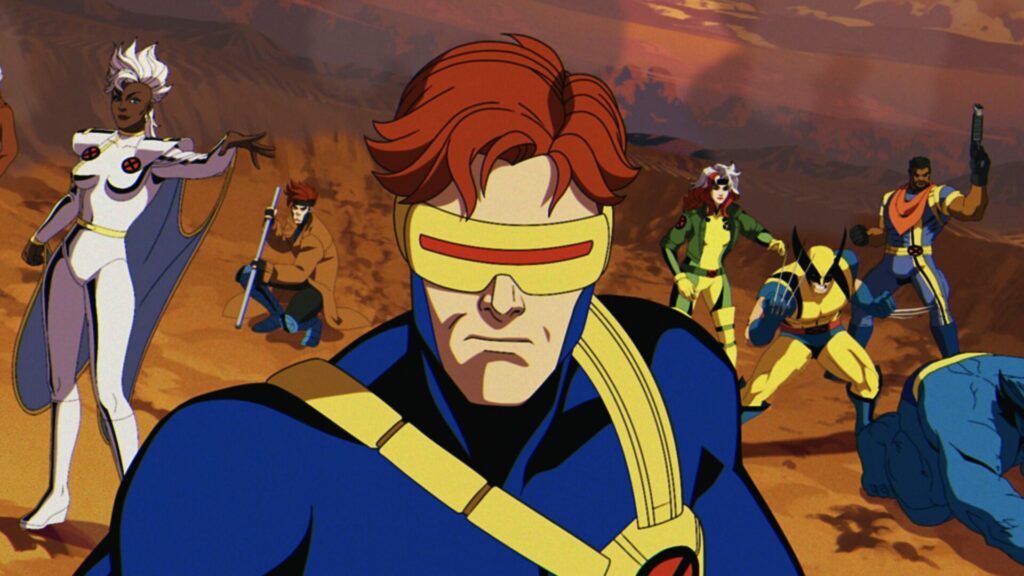
Earlier this week (Wednesday 20 March) the long-awaited and eagerly anticipated series X-Men ’97 premiered on Disney+. And what a premiere it was! The series already has a perfect 100% rating on Rotten Tomatoes with fans declaring it a perfect sequel to the original ’90s X-Men: The Animated Series.
For many, it’s a chance to enjoy a nostalgic moment, reliving Saturday mornings spent in front of the TV marvelling at the adventures of Cyclops, Jean Grey, Storm, Wolverine, Rogue, and more.
The original series is beloved by many, including the queer community. The X-Men has always been an allegory of the LGBTQ+ experience – people being cast out and facing stigma for an immutable part of their identity. But also people coming together to make the world a better place and to stand together in light of that.
To celebrate the show, we spoke to five LGBTQ+ men about their memories and what the show means to them.
Jerrold Blackwell
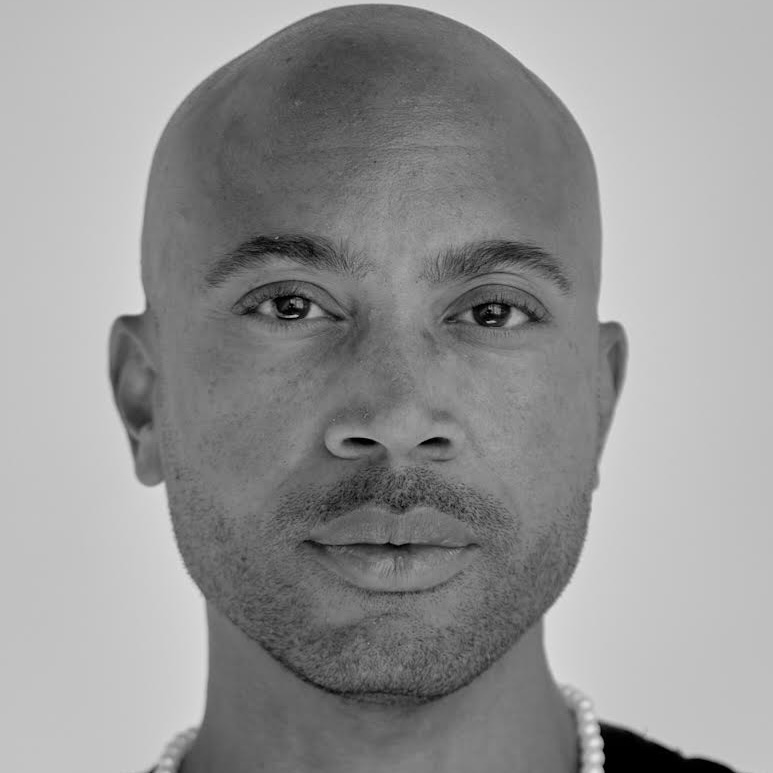
I grew up watching X-Men: The Animated Series every Saturday morning back in ’92. I didn’t miss an episode and it was so fun to see comics come to life on TV. The series helped me to realise from an early age that prejudice and racism don’t align with my values. And it also taught me that I have to fight for what’s right and just in my own way. To me, X-Men represents and reminds me that no matter how different people and their perspectives may be, we should strive to embrace those differences because they always make us more knowledgeable, improve our understanding, and also make us stronger in the end.
I’m so excited to see what social issues X-Men ’97 decides to tackle in the series, especially considering the boiling political and religious turmoil affecting the world today. I always thought that Cyclops was hot. Gambit was cool, but number one has to be Storm. She’s a weather witch of African descent and she has standards with that killer hair and style. She’s everything!
Joseph Ryan-Hicks
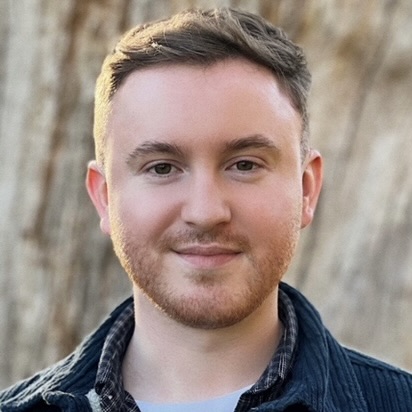
Growing up in the late 90s/early 00s, there was an abundance of badass female characters on screen. Lara Croft and Buffy Summers were my go-to’s and I lapped up the endless repeats of animated Marvel reruns. Like a lot of young gay boys, strong female characters were and probably still are my gateway into most things. When it came to the X-Men: The Animated Series, Jean Grey, Storm, Rogue, and Jubilee were far more exciting to me than the likes of Wolverine and Cyclops. They had better superpowers, better suits, and frankly, better hair than any of the boys. Just look at Storm’s blowout.
The X-Men in general were always more interesting to me as they were ‘misfits’. The Fantastic Four were too straight-laced and goody-goody. Although, I did have a particular soft spot for Chris Evans in the 2005 movie adaptation. No guesses as to why… The X-Men were the weird kids who didn’t quite fit in due to their differences. While at the time the original series’ themes of prejudice didn’t quite resonate, I’ve come to appreciate the show’s fundamental message: your differences are your superpowers. I can’t wait to see how X-Men ’97 leans into this for an appreciative older audience.
Ben Harman
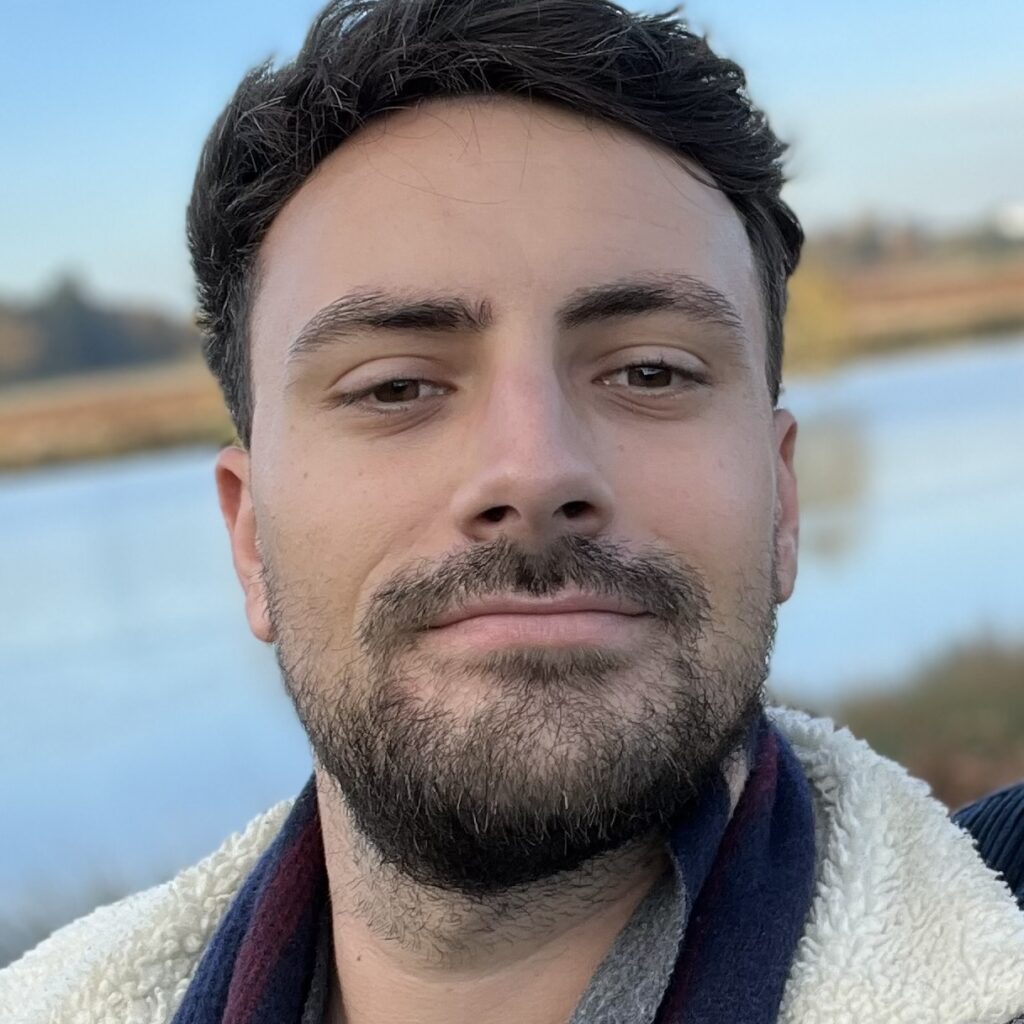
I’m very excited at the prospect of X-Men ’97 tackling subjects that the original couldn’t in an overt way. The original series tackled a lot of social issues that impacted queer people at the time, such as the fictional Legacy Virus (an allegory for Aids). I’m intrigued to see how X-Men ‘97 confronts new challenges faced by the LGBTQ+ community, or if it will remain within the historical context of the time. Growing up, I never connected the dots between my own sexuality and the basic premise of the series, which had a lot to do with people who were ‘other’. For me, the series used to provide escapism to a completely different world and I could spend hours playing with my X-Men action figures. In hindsight, I’m grateful to have had a series like X-Men that was so profound and normalised being different.
Rylan Holey
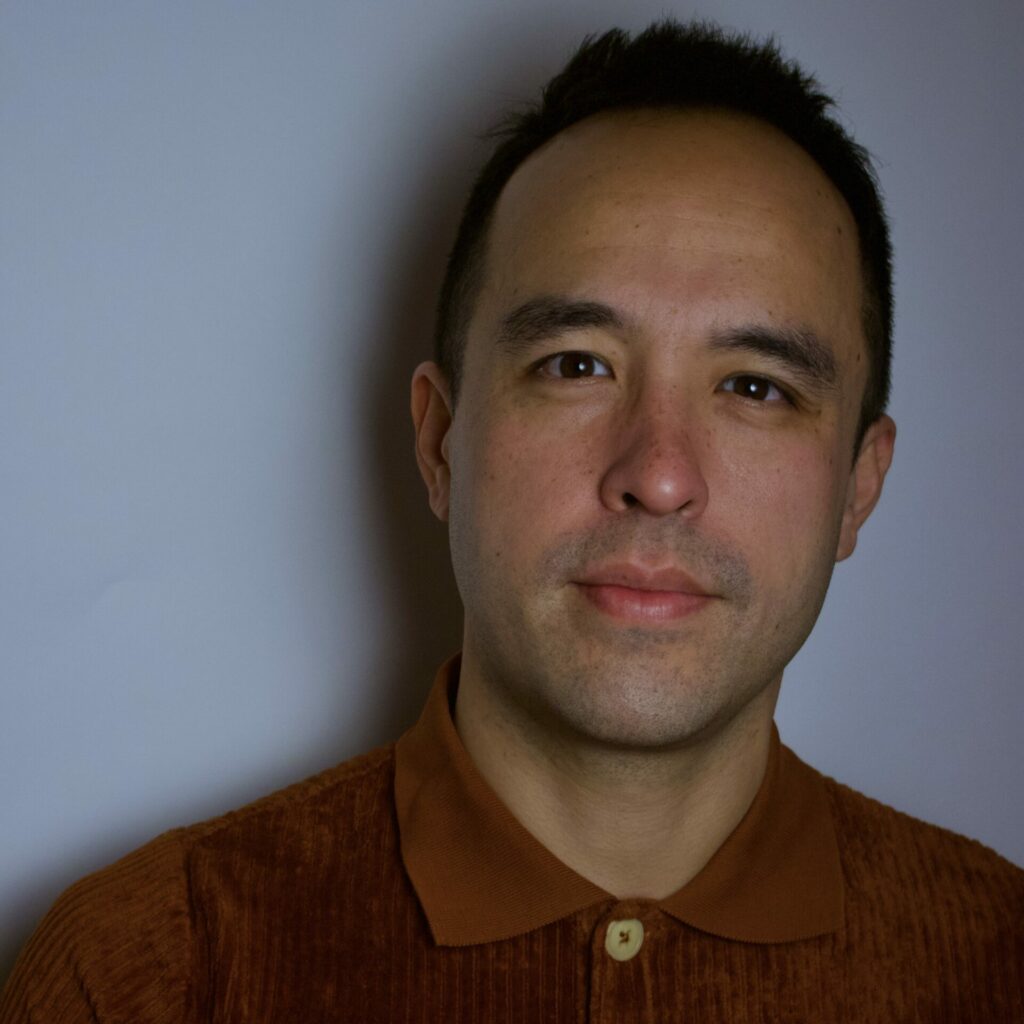
It’s strange how you gravitate to culture that you only realise later in life had a real impact. I was 10, growing up in Hong Kong, which had a very US-centric culture, when I found the X-Men. I delved heavily into the comics and the X-Men: The Animated Series helped bring my heroes to life. The only problem back then was we didn’t have streaming so I caught it when it happened to be on and when my mum let me watch TV!
It’s fantastic they’re bringing the show back and that they’re keeping it colourful, camp, and full of ’90s nostalgia. I remember spending hours at a toy store trying to pick out which X-Men action figure I wanted because I love all of them. I went with Wolverine back then, I really wanted those adamantium claws. But I think these days I’d likely pick out the diva that is Storm.
I was too young to realise what the X-Men meant at the time but looking back I’m astonished at how it shaped me as a gay man. The themes of not hiding your true self, being part of a community made up of individuals that come together as a chosen family to fight for equality, and rather than being ashamed of your differences, instead harnessing them as a superpower – ideally in a fabulous outfit!
Alastair James
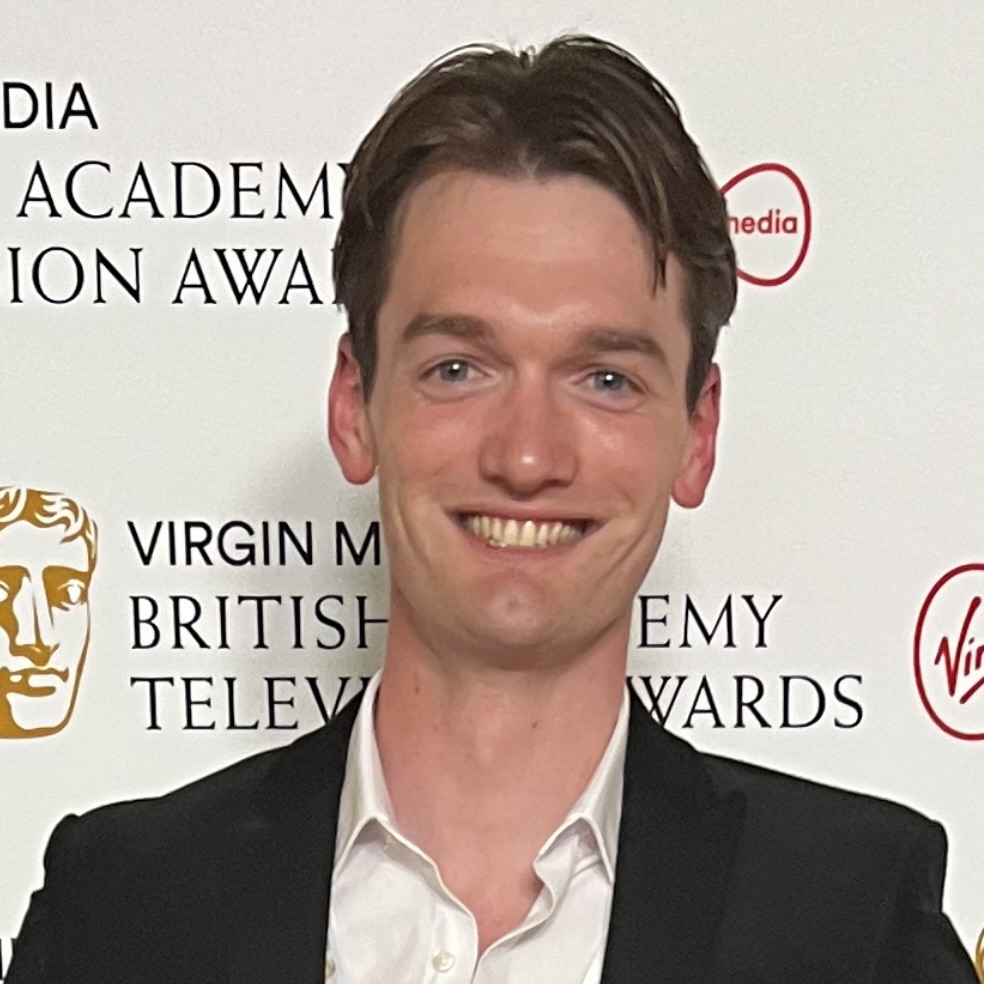
I have very distinct memories as a child of sitting down in front of the TV, quite literally in front of it, square on, on Saturday mornings while holidaying with the family in Cornwall to watch X-Men: The Animated Series. There’s so much that grabbed me about it – the action, the heroics, the superpowers, the costumes especially the fact that Cyclops’ uniform involved what looked like yellow briefs over his blue tights. I also think it resonated with me on a more personal level, something I’ve realised later. Very early on I knew I wasn’t like the other boys in my class. I felt ‘othered.’ Seeing the X-Men being made to feel like outsiders connected me to them. It comforted me when I felt alone and offered a chance to escape into a fantastical world.
It also formed part of my gay awakening, I’m sure. Hunky men running around in tight, form-fitting spandex? Yes, please! I’m deconstructing some of that now as an adult, of course but I’ve always gone for good boys like Cyclops or bad ones like Wolverine. But I always loved the women the most, my favourite being Jean Grey despite the fact she fell down a lot in the original show. Jean had great powers and the Phoenix storyline. Then there was Storm, who couldn’t use her powers without giving another iconic speech. And there was Rogue, the lovable heroine who could match any of the supervillains the X-Men came up against. She had great hair too, they all did!
When I heard X-Men ’97 was happening, I was so excited! A chance to relive my childhood and feel a sense of nostalgia for a simpler, happier time. It led to me rewatching the original series. I realised just how much the show and its themes relate to today’s world. Stigma and oppression are still very much a threat to groups like the LGBTQ+ community. But there is also love, support, and community in the face of such adversity.
